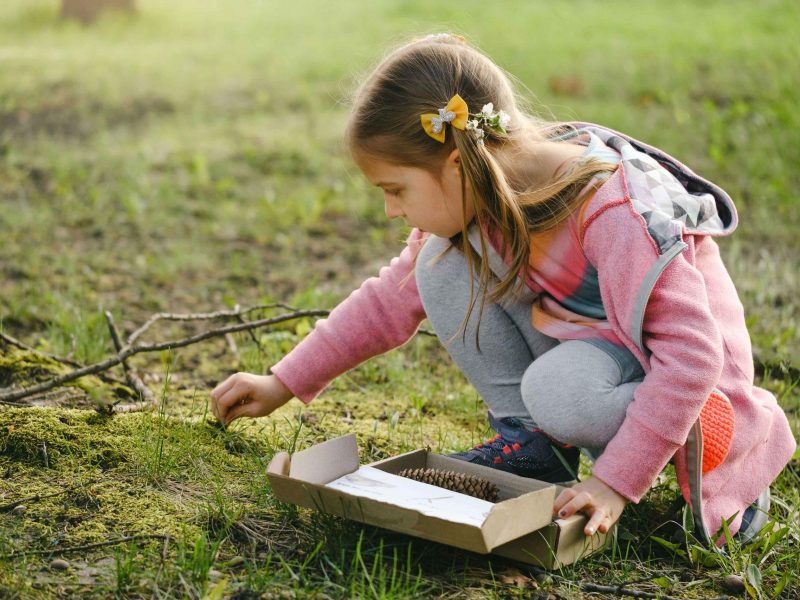My Dear Random and Impersonal Valentine
The children in my son’s class all came home the other day with a note about how Valentine’s Day will be conducted this year. The students are to bring a card for every person in the class, so that nobody feels left out. They are also to leave the address portion blank, without name or special note, so that the cards can be distributed more quickly and so that nobody will receive a note more special than anyone else’s. Homemade cards are acceptable, but only if they are all the same, so as not to show preference to any one person.
Now, I know why these rules have been introduced. It’s easy for children to feel left out if they see others getting more Valentines or Valentines with more personal messages. I know because I’ve sat through my share of classroom Valentine’s Days, but surely it’s a bit ridiculous to celebrate the importance of love through a completely random and impersonal exchange of mass printed pieces of paper.
More importantly, are we really supporting healthy social development by encouraging children not to distinguish between their best friends, the kids who bully them after school, and the ones they secretly have a crush on? Is it really good to model love that is so impersonal and unthinking? Is it really positive for them to assume that love is something that is somehow evenly and anonymously distributed? Is it really the case that we want them associating the expression of love with the mere distribution of mass produced tokens of emotions that they don’t really feel?
I would suggest not, and so I’m encouraging my son not to take Valentine cards this year. Instead, I’m having him write some personal cards to the people he loves, not just in his class, but in all parts of his life. Then I’ll have him bring those cards to the recipients individually as a way of truly celebrating what they mean to him.
I won’t have him bring those notes to school, of course. It isn’t worth the fight, and that kind of personal expression no longer has any place there. But I think our kids need a better model of what love should mean, and if there’s no room for that kind of love in the classroom, then we must find other places to express it.
Luke Hill is a stay-at-home father of three boys, aged nine, seven, and three. He has fathered, fostered, adopted, or provided a temporary home for kids anywhere between birth and university. He has taught college courses, adoption seminars, camp groups, Sunday School classes, rugby teams, not to mention his own homeschooled kids.






